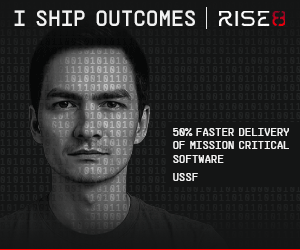The Air Force Scientific Advisory Board has announced three studies that it is conducting this year. Virtual training technologies will explore whether the Air Force can apply virtual technologies, like those used in industry, for example, to help airmen train more effectively and efficiently. This is important, the board said, since Air Force aircraft are aging and increasingly in demand, making it more difficult and costly to conduct live training in some cases. Rapid on-orbit checkout of space systems will examine the factors that contribute to long on-orbit checkout times for satellites, and recommend technology and process solutions to enable more rapid checkout procedures that still assure spacecraft reliability and responsiveness. And, alternative sources of energy for Air Force bases will look into self-sustaining, alternative sources of energy that could be used at domestic, overseas, and expeditionary Air Force bases to mitigate the risk of power loss due to vulnerabilities in local and national power grids. Already the Air Force has begun to investigate the merits of powering some of its bases with small-sized nuclear reactors. The board said it anticipates briefing each of these studies to officials within Air Force headquarters in July and then releasing them in December.
Boeing announced Feb. 20 it has opened a new production line dedicated to building electro-optical infrared sensors for the Space Force and other customers.



